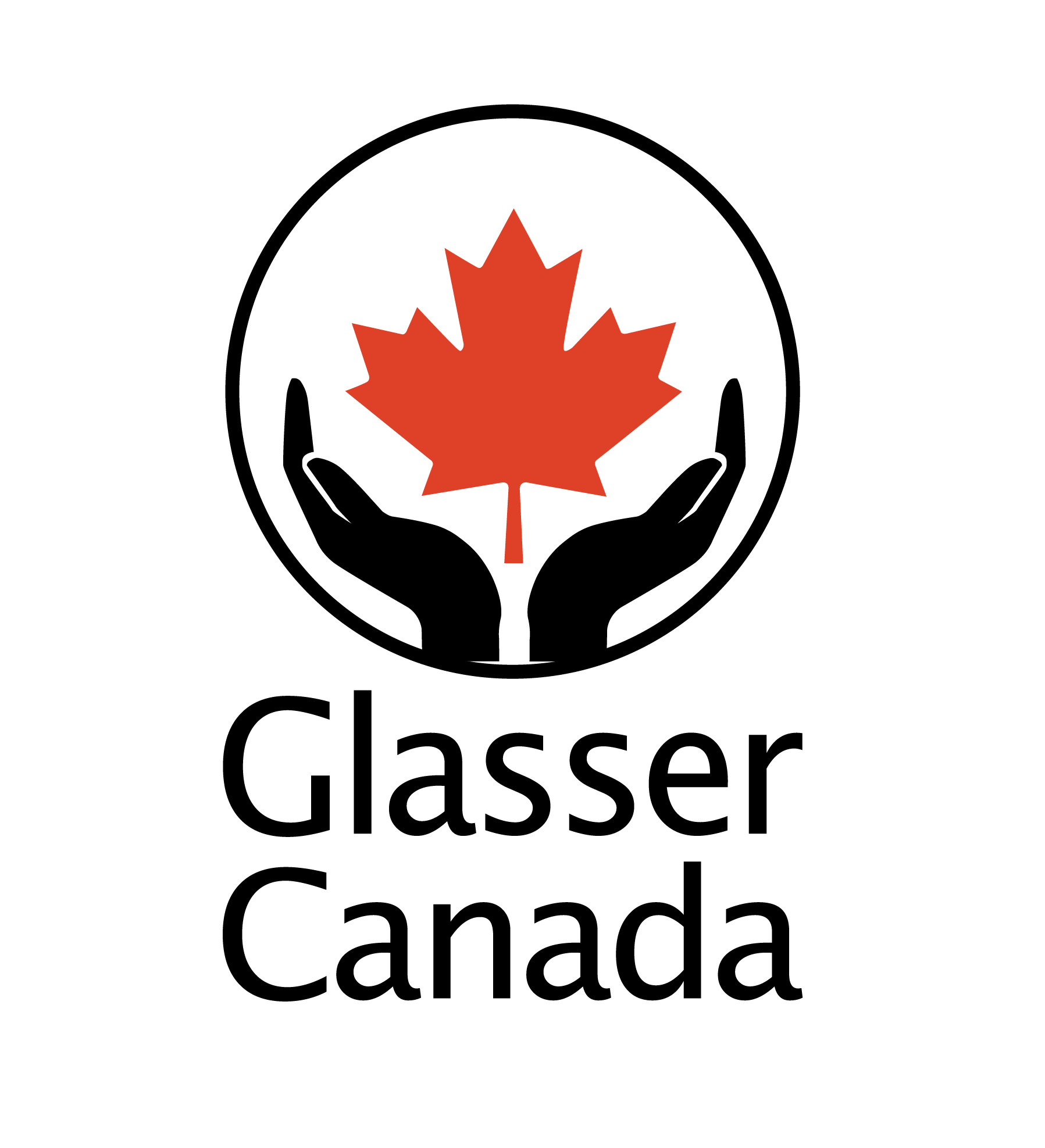Lesson Plan For Teachers: Employing An Intentional Choice Theory Application
Poetry Song Assignment for a Choice Theory Quality Classroom
By Francesco Bazzocchi M. Ed, CTRTC, LMC
Introduction
A sample English lesson plan posted below can be applied for students in grades 6-12 but the teacher can modify or change the lesson plan to meet his/her needs, and the needs of the students in the class. I have applied Dr. William Glasser’s Choice theory specific to building a need-fulfilling environment and also used literature from educators who understand the ins and outs of engaging students in the learning process. My aim is to illustrate for you how this assignment works in a Choice Theory Quality Classroom.
Park and Rhodes (2003) discuss the importance of making links from the subject matter to their lives. Connections are an important aspect of the brain. Students learn best when they can make associations with the value of content to their lives. This lesson plan accomplishes this by having students discuss the value of the song, and why they choose it? What is emotional impact of the song for them? Park and Rhodes also discuss the importance of having an emotional link to an experience. This allows the learner the ability to retain information for longer periods of time because it has had an impact on them. This assignment allows students to select a song that is connected to them, something they hold of value. When they hear the song in the future it should recall this experience and hopefully bring back fond memories of their poetry class. Rhodes also talks about empowering students by giving students some freedom and anatomy to select what they want to learn. Here students will be able to select any song of their choosing. The teacher will act as a facilitator and energizer through out this process. This supports Weber (2002) who says that a stress free environment with a high-energy activity is best suited for learning. The teacher can accomplish this by having students do all the preparation and work in class and by booking computer labs during class times under his/her supervision.
Dr. William Glasser stresses the importance of a lead manager to create an need fulfilling environment. Thus it is essential that the teacher provide a classroom that meets the needs of the students if he/she has any chance of engaging them in meaningful learning experiences. The assignment will be presented in light of t the basic needs of: survival, power, freedom, fun and love and belonging. The psychological need of survival can be met from the aspect of doing an activity that will help them learn poetic devices, which will be needed on the exam to analyze a poem. The need of power and freedom can be met by having students choose a song that is of value to them. The need of love and belonging and fun can be met by allowing the students to work alone or with another classmate, socialize while working in the computer lab, and also by listening to songs that they find meaningful.
It is also recommended that the teacher model a variety of presentation methods for the students to show them how to communicate their research and see the presentations as celebrations of all they have learned. The teacher should facilitate student understanding of the assignment by asking them questions that reinforce the objectives of the class regularly and have students self-evaluate their work.
English Poetry Lesson Plan
Title: Poetry Song Assignment
Grade: 6-12
Subject: Poetry
Overview: This assignment can be applied to students in grade 6 to 12. It is a great way for students to come to appreciate poetry through music.
Anticipatory/Mental Set: Prior to this class it would be recommended that students be given the opportunity to the read many different types of poems. It is also recommended that the teacher read a few poems and teach students how poetic devices are employed by the author to bring the poem’s topic to life.
Curriculum Objectives: (these may vary)
– To inspire and introduce the assignment to the students.
– To explain and review the assessment process.
– To introduce the expectations of exemplary group work.
– To conference with each student or groups of students to see that all questions and clarifications have been addressed.
– To introduce different skills and strategies that shows knowledge and reflective thinking through different means of communication.
– To introduce and demonstrate an understanding of a variety of literary, informational, and graphic texts, using a range of strategies to construct meaning.
Input/Guided Practice: The teacher will act as a facilitator through out this process. Before beginning each session it is recommended the teacher review the requirements and ask students if they have any questions. It is important to be as helpful as you can without doing the work for them.
Independent Practice: Once students have finished their research it is recommended the teacher show exemplary methods of presenting their information to the class. The focus should be on celebrating all their hard work.
Check for Understanding: It is recommended that the teacher do checks in with the students often. To help them self evaluate their work and have them identify if they are on task or need to add more to their presentation.
Materials: PowerPoint Projector, lap top computer, speakers, hand-outs, (pre-post assessment, poetry assignment, evaluation, and group work exemplary expectations), and presentation. (this may vary based on teacher needs)
Length/Duration: will vary
Method:
- Introduction
- Pre Assessment Questionnaire
- Lead In to Assignment
- Explanation of Assignment
- Explanation of Evaluation
- Explanation of Group Work Expectations
- Model of PowerPoint Presentation
- Group Work Brainstorming For Topic / Conferencing
- Post Assessment Questionnaire
N. B. Please note that I have designed a pre and post assessment for this class and have also included it. The purpose of this is to measure for you as a teacher if the students gained some valuable information regarding two specific things: first, how poetry is used in everyday life, such as greeting cards, and songs on the radio, and secondly, if having a choice of working with a partner or alone made the experience more enjoyable and met the students need of freedom, power, fun, love and belonging and survival.
Poetry Song Assignment Pre Questionnaire
Name: Date:
1. Do you think poetry is found in everyday life? Yes No
2. Can you learn anything about your life from poetry? Yes No
3. Do you enjoy doing group work assignments? Yes No
4. The last time you did a group work assignment
were the expectations clearly explained? Yes No
Poetry Song Assignment Post Questionnaire
Name: Date:
- After having done your assignment are you able
to see how poetry is more relevant in your life? Yes No
- Did you learn anything about your life from
Poem you presented? Yes No
- Did you enjoy having the choice to work alone or
with a partner? Yes No
- Were your expectations clearly explained and did
the regular check ins help? Yes No
Poetry Song Assignment
“GPAR”
Goal:
- To select a song that you really like that expresses a theme.
- To show an appreciation for the poetic devices employed in the song.
Plan:
- To put together a mini-presentation that answers the following questions:
- What is the topic of the song?
- What poetic devices are used in the song?
- What images are employed?
- How to they help in conveying the overall message?
- What is the emotional impact of the song?
- What is the theme or message of the song?
- Does the song apply to your life in anyway?
- Why did you select this song?
Action:
- To prepare a 20-25 minute presentation.
- To answer and communicate the questions above in a creative, visual and audio way with the use of technology and media.
Results:
- To share with the class your favorite song.
- To teach the class about the use of poetic devices and how they help to convey deeper meanings.
- To teach us about our faith and how it can be revealed in modern songs.
- To appreciate how music gives life the words.
Method:
- You may work alone or pairs.
- You will be given one-week cycle.
- During that week we will also be using the computer lab.
- One song per presentation can be presented.
- Any late presentations will be assessed as per school Academic Policy. (this will vary)
References
Glasser, William, M.D. (1998) The Quality Classroom: Managing Students Without
Coercion Harper Perennial, A Division of Harper Collins Publishers
Park, B (2006) The Science of Learning Meets the Art of Teaching Education Canada 46
no4 63-6 Fall/Aut
Rhodes, M. (2003) Brain-Based, Heart-Felt Principal Leadership (High School Ed.) 3
no9 38-40 My
Weber, JM.(2002) Brain-Based Teaching/Learning and Implications for Religious
Education Momentum (Washington, D.C.) 33 no4 25-7 N/D



Awesome! I did it with my grade 11 class and they said it was the best unit to date. Thank You!
Do you have more lesson plans?